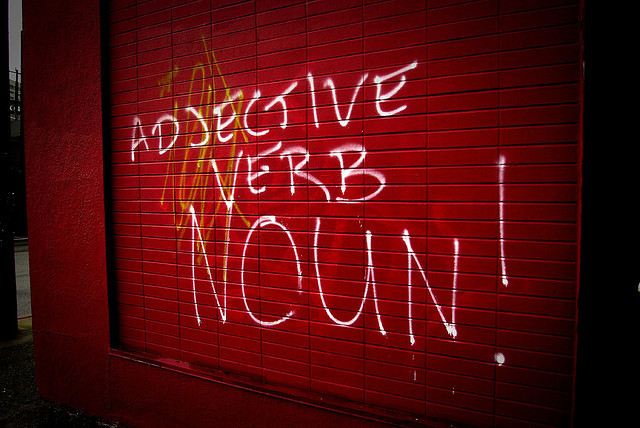We’ve all experienced that sinking feeling: you’ve just hit send on an important PR or program document, only to realize it had a glaring — and completely avoidable — error in it. Honest mistakes are bound to happen, but some writing slipups are too common, and they simply create bad PR for PR people! We’ve flagged a few here.
1. Misused apostrophes
Using “it’s” (contraction for “it is”) instead of “its” (the possessive) is basic, yet it happens all the time. Keep an eye on apostrophes of all kinds to avoid an inexcusable grammar mistake, as in: “they’re” and “their,” “who’s and whose,” “you’re” and “your.”
2. To Comprise
Since “comprise” means “to consist of,” it’s never OK to say “comprised of.” Yet the word is so commonly misused — and by prominent people in communications who should know better — that I fear the incorrect usage will slowly make its way into the permanent English lexicon.
3. Overused keywords
One for the digital age, keyword stuffing can be a fatal flaw for PR writing that lives on the web. And since most original content — i.e. blog posts, product descriptions and narratives, tweets, and captions — is published online, this is a mistake to be avoided, lest the search engines ignore your content completely.
4. Empty, complicated-sounding words
In grade school one could be pardoned for using big words in an effort to sound smart, but not so in the grown-up world of communications. Words like “utilize,” “subsequently,” and “implement” (instead of “use,” “later,” or “put in place,” respectively) border on jargon and can cloud the conversation. Choosing words that are more clear and concise will make you sound smarter every time, because people will actually understand what you’re saying.
5. The run-on sentence
Ever start writing a sentence so full of parenthetical phrases it’s hard to tell which verb relates to which noun? That’s a good sign the sentence is too long. Again, resist the urge to try sounding smart with complicated sentence structures and opt for conveying your message clearly.
6. Over punctuating
We are not referring to the serial comma here (for the grammar nerds out there), but rather simply dropping commas and other punctuation into language when it’s not necessary. Here the old grammar school rule does usually apply: when it doubt, leave it out.
7. Finally, overhyping anything
PR people are notorious for excessive use of exclamation points, screaming headlines, and words like “fastest-growing,” industry-leading,” “dynamic,” and “cutting-edge.” Sometimes it helps to take a page from the fiction writing mantra, “show, don’t tell.” Let’s resolve to reduce the hype in the New Year.

